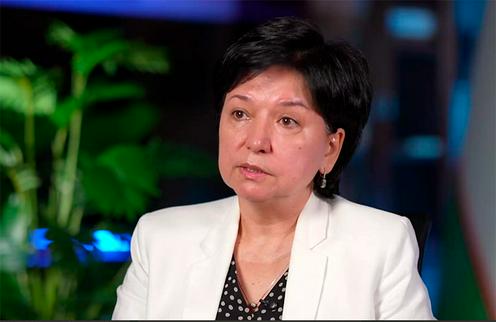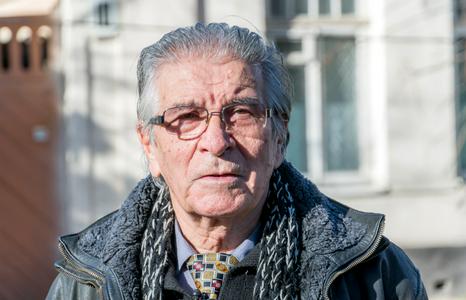Among Uzbeks serving sentences in Russia, 60% were convicted for drug trafficking and transportation, reported Munira Nizamova, Head of the Department for Citizenship, Legalization, and Other Consular Affairs at the Consular-Legal Department of the Uzbek Ministry of Foreign Affairs, according to Gazeta.uz.
The next most common offenses among Uzbeks are sexual crimes (12%), followed by murder (7%), grievous bodily harm (about 5%), theft (4%), fraud (3%), and other crimes (8%).
Nizamova noted that following several high-profile incidents, including terrorist attacks and contract crimes involving Uzbek citizens, attitudes toward Uzbeks in Russia have changed, with airport security checks becoming significantly stricter.
“Flights from Uzbekistan are checked very thoroughly at airports, typically taking 6–8 hours. There have been cases where checks lasted 10–12 hours. Imagine women sitting with children for 12 hours in an airport. This does not happen by chance. It is a negative consequence of actions of our citizens abroad,” she said.
At the same time, Uzbek diplomatic missions continue to support citizens serving sentences abroad. Embassy and consulate staff regularly visit detention centers in Russia, Kazakhstan, South Korea, and Turkey, meet with convicts, and provide educational guidance on local laws and migration regulations, Nizamova added.
She emphasized that a significant portion of offenses committed by Uzbeks abroad is due to insufficient knowledge of the laws, traditions, and language of the host country. Many traveling for work or study encounter a foreign legal environment for the first time, which often leads to violations of residence terms, use of forged documents, and administrative penalties.
“There are also cases where our citizens intentionally commit crimes. Why does this happen? In pursuit of higher income, to earn money. In Uzbekistan, there is the mahalla (community) system, right? Elders, parents, or mahalla leaders provide oversight. Abroad, citizens are outside this control and may start behaving inappropriately,” explained Nizamova.
Previously, the Uzbek Ministry of Foreign Affairs stated that citizens of the republic are protected by the state regardless of their location. The ministry urged compatriots to contact Uzbek diplomatic missions abroad if their rights and freedoms are violated.
According to the Russian Ministry of Internal Affairs, in the first half of 2025, amid strengthened migration controls, the number of administrative offenses committed by foreigners and stateless persons increased by 16.7% (from 503.7 thousand to 587.8 thousand cases), mainly related to violations of entry, residence, and employment rules. The largest increase was in entry and residence violations, up 27.9% (from 301 thousand to 385 thousand cases).
During the same period, 1,359 crimes related to organizing illegal migration were recorded (+7.2% compared to the previous year). Russia deported 2,800 foreign nationals (+17.1% year-on-year), and 791 cases resulted in the termination of Russian citizenship.










